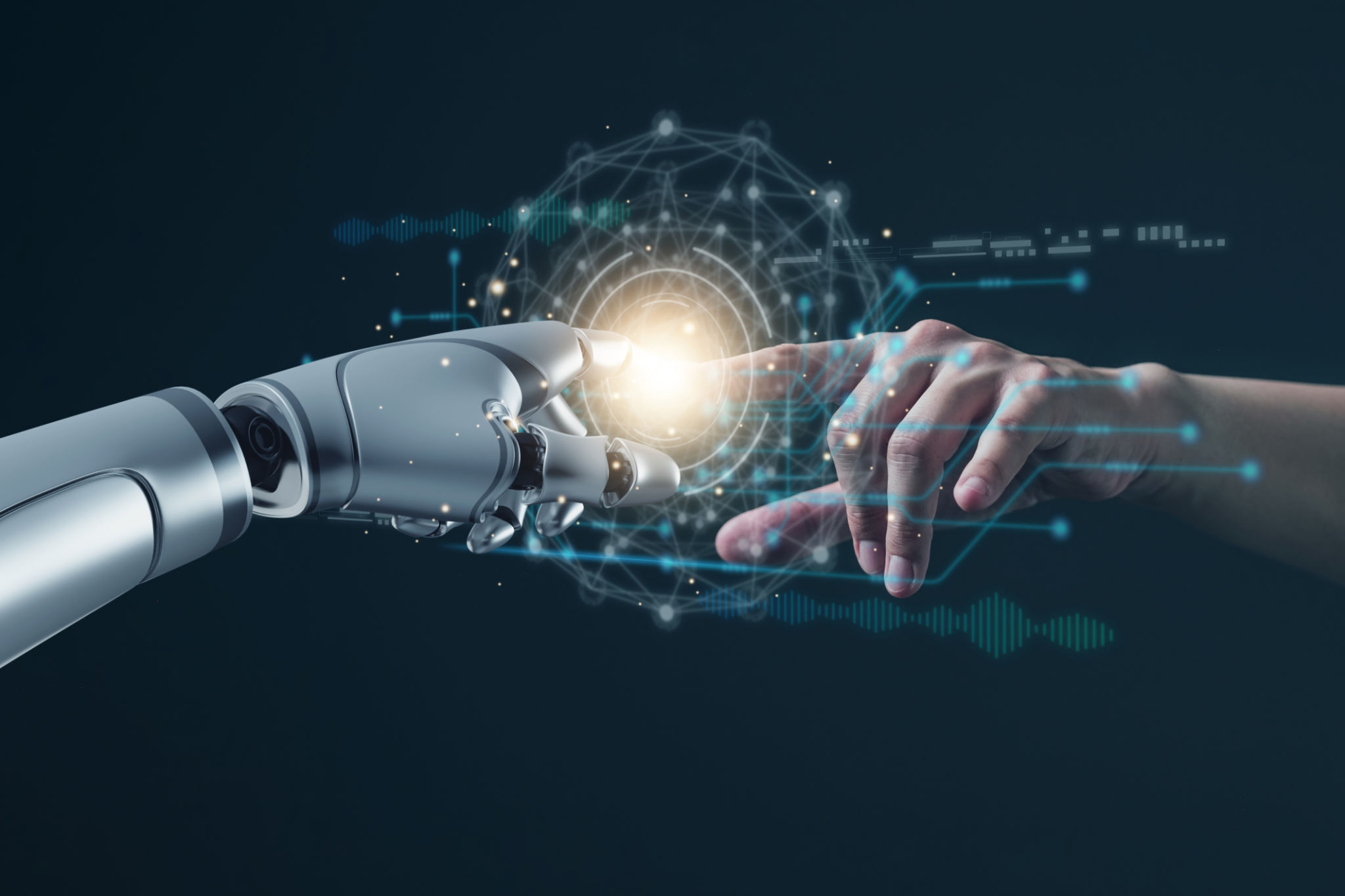Debunking AI Myths: What You Need to Know
Understanding AI: Separating Fact from Fiction
Artificial Intelligence (AI) is a rapidly evolving field that has captured the imagination of many, but it is also shrouded in myths and misconceptions. It's important to distinguish fact from fiction to better understand the role AI plays in our lives. In this blog post, we will explore some common myths about AI and reveal the truths behind them.

Myth 1: AI Will Replace All Human Jobs
One of the most prevalent myths is that AI will lead to massive job losses, replacing humans in every industry. While it is true that AI technologies are automating certain tasks, they are also creating new opportunities. AI is more likely to augment human capabilities rather than replace them entirely. This collaboration can lead to increased productivity and innovation across various sectors.
In many cases, AI handles repetitive tasks, allowing humans to focus on more complex and creative aspects of their work. This shift can result in job transformation rather than elimination. It's crucial for individuals and organizations to adapt by acquiring new skills that complement AI technologies.
Myth 2: AI Is Infallible
Another common misconception is that AI systems are perfect and free of errors. In reality, AI is only as good as the data and algorithms it relies on. If the data used to train an AI is biased or flawed, the outcomes can be inaccurate or unfair. Even sophisticated AI models can make mistakes, reinforcing the need for human oversight.

AI systems require continuous monitoring and refinement to ensure they operate effectively and ethically. Human intervention is essential to address any biases and inaccuracies that may arise during AI deployment.
Myth 3: AI Has Human-Like Emotions
Some people mistakenly believe that AI possesses emotions similar to humans. However, AI lacks consciousness and emotional understanding. While AI can simulate certain emotional responses through natural language processing and machine learning algorithms, it does not experience emotions like humans do.
This myth often leads to unrealistic expectations about what AI can achieve in areas such as customer service or therapeutic applications. It is important to recognize the limitations of AI when it comes to emotional intelligence.

Myth 4: AI Can Think Independently
AI systems are designed to process information and perform tasks based on predefined rules and learned patterns. They do not possess independent thoughts or decision-making capabilities. Instead, they follow the instructions provided by their programmers and learn from data inputs.
The notion of AI having a mind of its own is a misunderstanding fueled by science fiction. In reality, AI's capabilities are limited by its programming and training data, making it a tool rather than an autonomous entity.
The Importance of Understanding AI
As AI continues to integrate into various aspects of our lives, understanding its true nature becomes increasingly important. By debunking these myths, we can better appreciate AI's potential while acknowledging its limitations. This knowledge empowers us to make informed decisions about how we use AI technology responsibly and ethically.
Embracing AI as a valuable tool rather than fearing it as a threat enables us to harness its benefits for innovation and growth. As we move forward, fostering a realistic perspective on AI will be crucial for maximizing its positive impact on society.